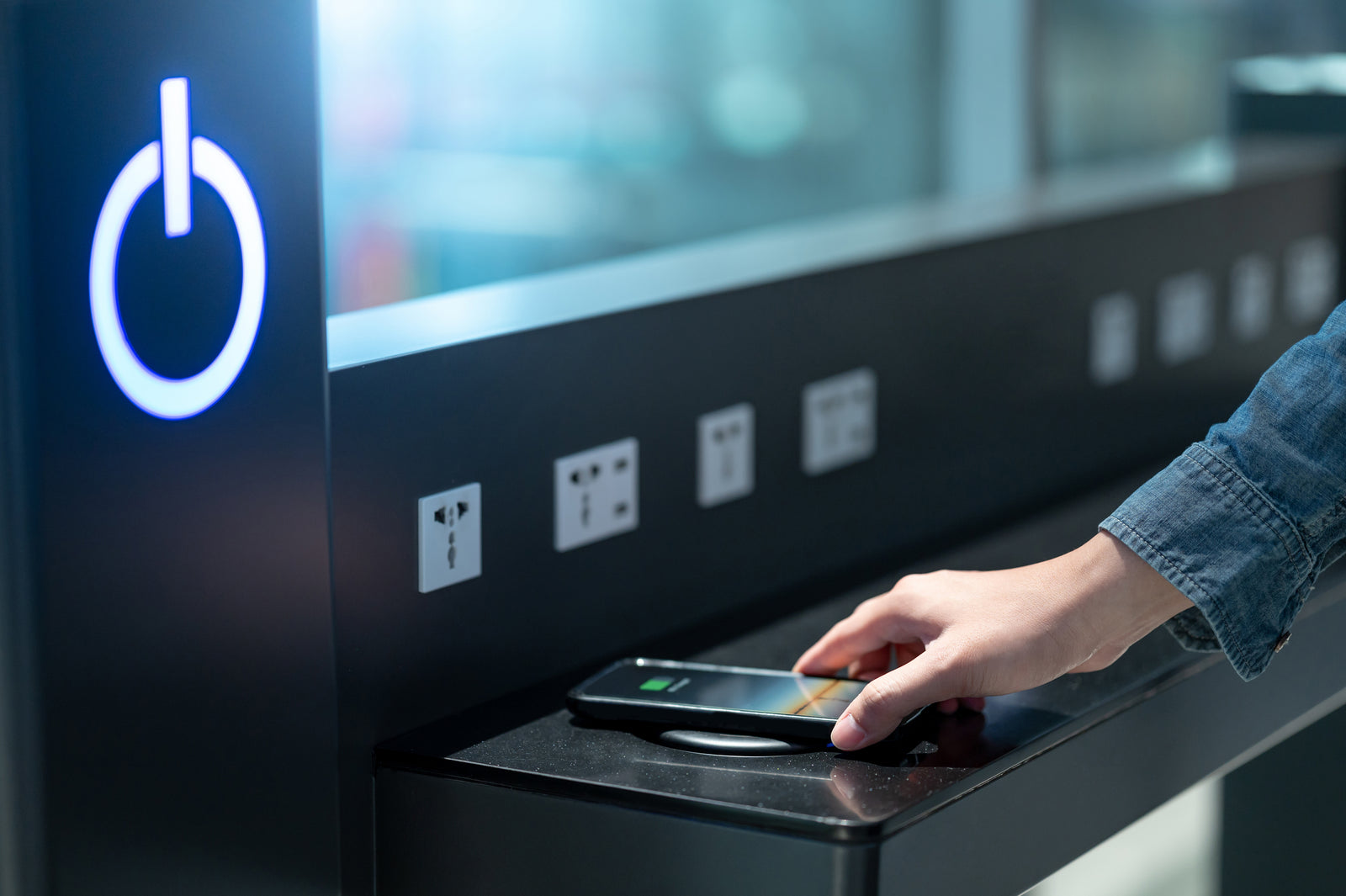
The quest for an increasingly faster wireless charger is ongoing at full pace and shows no clear signs of slowing anytime soon. This is not only due to the fact that people have very little time to waste on charging their devices on a daily basis but also because newer smartphones and tablets incorporate bigger and bigger batteries with each iteration.
When we say ‘big’ in this context, we don’t necessarily refer to the actual physical size of the batteries, even though that is also the case with some high-end devices.
The fact of the matter is that newer phones have 10,000 mAh batteries or even larger, thusthe need for a fast wireless charger is absolutely imperative so as to keep up with emerging technologies.
A lot can be said about the utility of such impressive batteries and how they change the way we use our phones on a daily basis, but that is a separate discussion altogether.
It appears that big batteries are here to stay despite how much they enlarge the actual devices they are built into, and so the chargers we employ must also keep up.
Wired vs wireless
Those of you who have had the pleasure of using both wired and wireless chargers should know by now that wired chargers do possess a greater capacity to deliver a fluent charge over a short period of time.
As opposed to the wired supply charge that comes in short bursts, a wireless charger delivers its charge at a slightly reduced pace.
To put it into numbers, know that your average wireless charger is capable of supplying 15Wh at a steady pace, even though this depends largely on the device that’s being charged. Android phones with qi-charging capabilities, for example, can charge up to about 13-15Wh steadily, whereas iPhones will only charge at about 7.5 Wh.
By comparison, wired chargers can deliver about 40Wh or even more depending on the device, which is a lot faster by comparison. Then again,afast wireless charger can reach speeds of up to 18 or even 20Wh in some cases, although this is reserved for high-end power stations and state-of-the-art wireless chargers.
Can Qi wireless charging improve?
Definitely. A better question would be – how long until wireless chargers reach the same operational standards as their wired counterparts?
It seems that major strides are made quite regularly by reputable manufacturers in developing wireless charging technologies, to the point that almost every major company has its own proprietary wireless charging module at the moment.
Although few of these chargers can realistically deliver a charge higher than 18Wh or so, you have to remember that it was only in 2010 that Qi 1.0 was first introduced to the market. Going forward, you can expect both the chargers to improve in speed and capacity, as well as the Qi-ready devices that they’ll be used to recharge.
There should be no doubt in anybody’s mind thatthe quest for a fast wireless charger is ongoing still, and it shouldn’t be long now until Qi-ready devices incorporate the capacity to take on 40Wh or even 50Wh charges, and it does seem that newer Qi-ready devices charge up at much faster speeds than slightly older devices when using the same chargers.
As you would expect, as better wireless chargers are being developed, so are the protective systems that newer devices incorporate to protect against overcharging and overheating.






